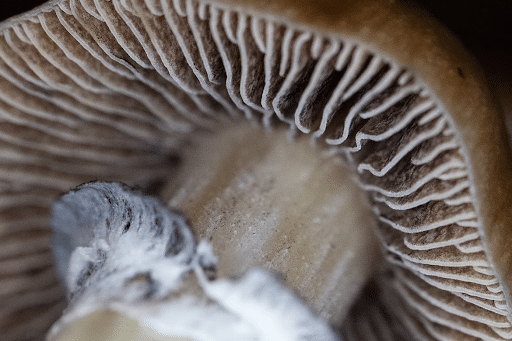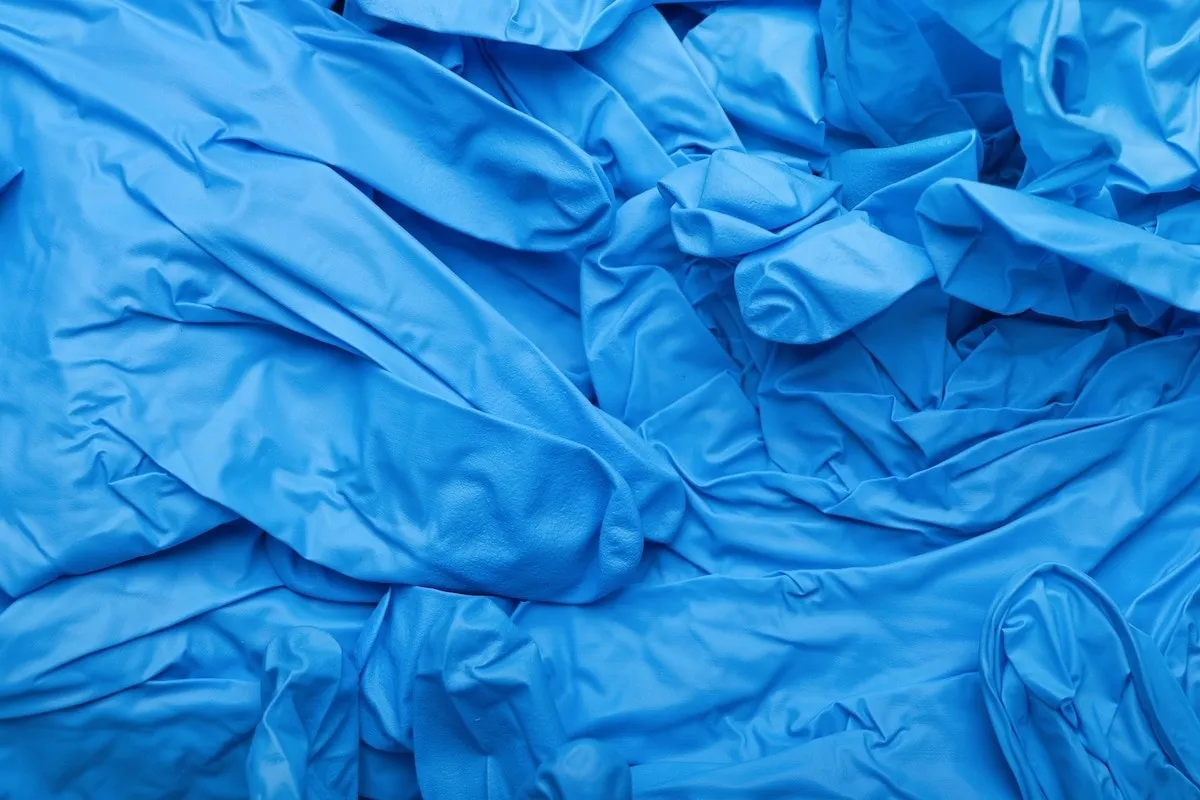Psilocybin Mushroom Some spores under the lens uncover valuable knowledge about the fifth kingdom. That’s only when they’re sterile and well-preserved, though.
Tainted samples produce inaccurate and sometimes baffling results. They can throw researchers for a loop and prevent incredible scientific breakthroughs. How do labs prevent the latter scenario, and what can hobbyists learn from them?
Join us to learn about spore quality control in research. We discuss why it matters and how labs keep their supplies sterile during extraction and packaging. We also share ways to ensure clean samples for amateur microscopy and taxonomy.
Why Quality Control Matters in Research
Quality control involves procedures to ensure research data quality and accuracy. It makes the difference between good and bad science.
In practical terms, quality control upholds laboratory standards during a study. It may look like keeping tabs on previous results, maintaining equipment, or using sterile specimens. Why does this matter? Because it guarantees reliable conclusions and makes tests possible to reproduce.
When control is lacking, the results rarely make sense, and it’s hard to get the same outcome the second time. It’s nearly impossible to tell how the microscope malfunctioned or which bacteria reached the slide.
A hobbyist isn’t likely to publish an experiment, but quality control still adds rhyme and reason to their analysis. Contamination and dirty lenses distort the image, making it hard to observe, describe, measure, and compare mushroom spores.
In a nutshell, understanding the microscopic image matters. That’s only possible with functioning equipment and sterile samples. This rule applies across disciplines, and it’s imperative in spore studies.
How can an amateur do quality control at home? A store-bought disinfectant takes care of the lab, and the manufacturer’s instructions help keep the microscope in working order. Things are a bit more involved with spores.
Keeping Spores Sterile
Mushroom spores should stay fresh and sterile to be viable for research. Here’s how manufacturers remove them from live fungi and keep them clean.

Extraction
The first step is getting the spores from the mushrooms. They emerge underneath the cap when the fruiting body matures, and experts carefully remove them in sterile environments.
They make a spore print by placing a drop of pure water on the cap to help the fungus release cells. They press it on tinfoil and cover it for 2–24 hours to let the magic happen.
Once they have a print, they use a sterilized scalpel to move the cells into storage. Picking the proper packaging is another necessary measure.
Packaging
We can keep spore samples on prints, syringes, and swabs. The first option is the easiest, but the high contamination risk makes it unsuitable for research.
Swabs are great for rare fungal species but also hard to isolate from the outside environment. In this case, the cotton goes into sealed containers and cool, dark, and dry places.
Syringes are optimal for mushroom spore quality control. They have rubber heads that create airtight seals from the outside environment.
Storage
Mushroom spores lose freshness due to light, heat, and contact with salts and soaps. To avoid deterioration, manufacturers keep them zip-locked in dark and cool places. Fridges are ideal, as freezing and unfreezing can harm the cells’ protective layer.
Usage
Good lab practices prevent contamination once the microscope’s ready for action. Researchers should wear gloves, disinfect their space, and pay attention to any salt or soap remnants on the surface. Using fresh slides for each new sample is a common practice.
Choosing Suppliers for Spore Research
Hobbyist microscopists and taxonomists have to rely on the internet for their mushroom spores. To ensure lab-grade samples, they should only shop with retailers who tick the following boxes.
Law-Abiding Retailers
Magic mushroom cultivation is illegal in America, but spore sales for research are allowed in all but three states. Stores that stock them have scientists in mind and are likely to abide by proper extraction principles.
It’s best to avoid stores that promote shroom cultivation. Not only can they get people in legal trouble, but they aren’t always lab-grade.
Proven Strain Genetics
Each psilocybin strain is unique under the microscope. Hobbyist researchers can learn about the species by investigating and comparing them. That requires knowing what they’re working with, though.
Search for retailers which offer proof of their strain origins. Also, look at the reviews to check whether they have a history of botched orders.
Lab-Grade Extraction
The process we described may sound common sense, but many manufacturers don’t consider it super-vital. When a shop re-affirms this value, they probably ship sterile spores.
Long-Lasting Packaging
Buying spore prints online isn’t a good idea, as they have a short shelf life and a propensity for contamination. They might be old and tainted when they reach the shopper.
We’re not saying prints aren’t valuable, but ordering them online won’t work. People can make them themselves with legal mushroom species, but they should stick with syringes if interested in psilocybin.
Syringes have a long shelf life and low contamination risk. As a bonus, they’re easy to use and store in a traditional fridge. Swabs are acceptable for niche strains.
Quality Spores, Quality Studies
Quality control isn’t only a factor for commercial labs. It’s significant for amateur and expert researchers hoping to reach valuable conclusions.
Getting sterile mushroom spores and disinfecting the environment is the easiest way to maintain quality. Also, remember to practice regular equipment upkeep to do mycology like the pros.
There’s no need to look far and wide for acceptable spore sellers. We at Fungushead practice what we preach, so visit our store and buy lab-grade syringes today.
All of the content and images on our site are for informational reference only. The cultivation of psilocybin mushrooms is federally illegal in the United States. We do not promote the cultivation of psilocybin “magic” mushrooms under any circumstances. Do not contact us asking for advice related to this subject. Any products found on this site are for microscopy and taxonomy purposes only. None of the psilocybin mushroom spores we offer are for consumption or cultivation. We do not sell any products containing psilocybin.

